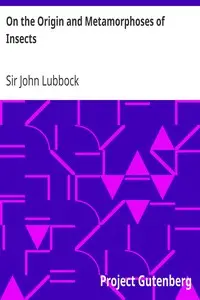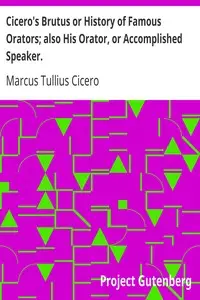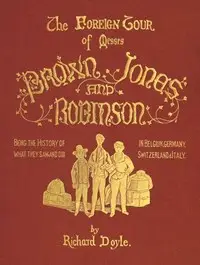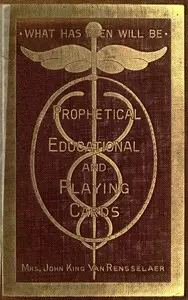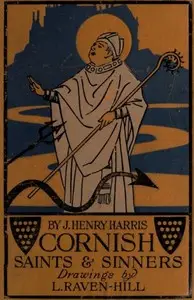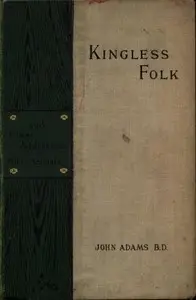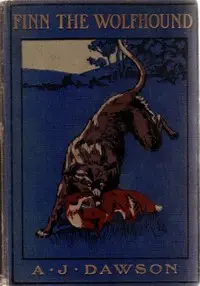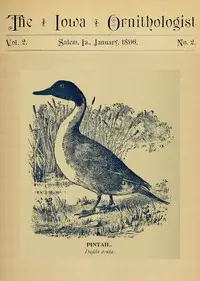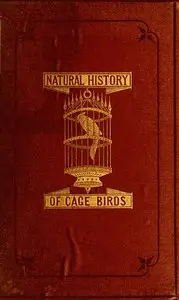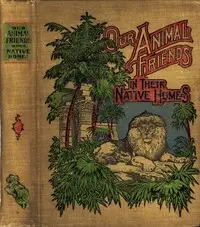"The Beauties of Nature, and the Wonders of the World We Live In" by Sir John Lubbock is a philosophical treatise interweaving natural history with reflections on the relationship between humanity and the natural environment, likely written in the late 19th century. The work serves as a celebration of nature's beauty and an exploration of how individuals perceive and appreciate the world around them. It addresses the intricacies of life in various ecosystems, emphasizing the importance of recognizing and valuing the wonders of both flora and fauna. The opening of the text sets a contemplative tone, urging readers to recognize the abundance and magnificence of the natural world that often goes unnoticed in daily life. Sir John Lubbock begins by reflecting on the profound gifts that nature offers—its beauty, resources, and the constants of change that gird human existence. He argues that one's perception shapes the enjoyment of scenery, suggesting that many overlook the richness of their surroundings due to complacency. Employing quotes from figures like Seneca, he posits that embracing and cherishing nature leads to a fuller, more joyful life, touching on themes that blend spirituality with the respect and appreciation of the environment. (This is an automatically generated summary.)
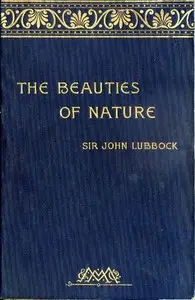
The Beauties of Nature, and the Wonders of the World We Live In
By John Lubbock
"The Beauties of Nature, and the Wonders of the World We Live In" by Sir John Lubbock is a philosophical treatise interweaving natural history with re...
John Lubbock, 1st Baron Avebury, 4th Baronet,, known as Sir John Lubbock, 4th Baronet, from 1865 until 1900, was an English banker, Liberal politician, philanthropist, scientist and polymath. Lubbock worked in his family company as a banker but made significant contributions in archaeology, ethnography, and several branches of biology. He coined the terms "Paleolithic" and "Neolithic" to denote the Old and New Stone Ages, respectively. He helped establish archaeology as a scientific discipline, and was influential in debates concerning evolutionary theory. He introduced the first law for the protection of the UK's archaeological and architectural heritage. He promoted the establishment of public libraries and was also a founding member of the X Club.

